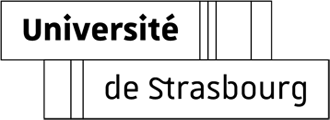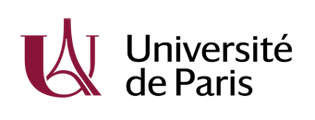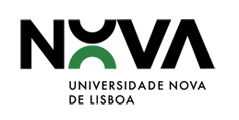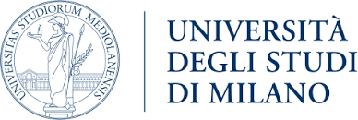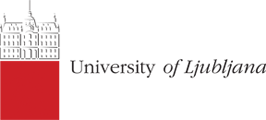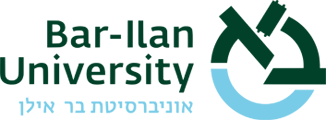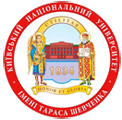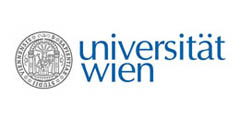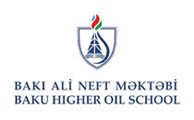ChEMoinformaticsPlus: the Erasmus Mundus Master degree in Chemoinformatics across Europe and beyond
7 universities are involved in the two years Erasmus Mundus Joint Master’s Degree ChEMoinformaticsPlus that will open to its first student’s edition in September 2022. The Erasmus Mundus label is awarded by the European commission to transnational Master programs that contribute to excellence and internalization of Higher Education in Europe.
Chemoinformatics is a major discipline in theoretical chemistry, using artificial intelligence and data sciences to tackle current social and innovation challenges in Chemistry. It concerns the development, creation, organization, storage, dissemination, analysis, visualization and use of chemical information. Within the last 20 years, Chemoinformatics has become a corner stone for the chemical Industry:
“The use of artificial intelligence/ machine learning technologies has become a critical part in the drug discovery processes and chemoinformatics plays an important role in integrating AI/ML approaches into the field of medical chemistry.” (Astellas Pharma Inc.),
“Chemicals are at the centre of the economy (energy, materials, agrochemicals, pharmaceuticals...) and ... they must be adapted to achieve a sustainable future. The challenge is to use our knowledge and sophisticated tools to understand and manipulate the properties of synthetic molecules as they are developed and enter the environment”. (GdR BigDataCHIM)
“We ... strongly believe we must encourage to strengthen our position in Europe ... This is specially important as the hiring situation in Europe is currently more attractive.”(Janssen)
Chemoinformaticians are first and foremost chemists, with an experimental practice of Chemistry. Therefore, this Master program combines high level training in Chemistry, Theoretical Chemistry and Chemoinformatics, Computer Sciences and Data Sciences and requires good skills in Organic Chemistry, Physical Chemistry, Biochemistry, Structural Chemistry. The program includes lectures and tutorials on Chemoinformatics, Molecular Modeling, Quantum Chemistry as well as Software Programming and Database Management. Recent developments in Statistics and Machine Learning, specifically Big Data and Artificial Intelligence, are also addressed.
The consortium includes seven Universities:
- the University of Strasbourg (France),
- the University Paris Cité (France),
- the University NOVA of Lisbon (Portugal),
- the University of Milan (Italy),
- the University of Ljubljana (Slovenia),
- the University of Bar Ilan (Israel),
- the Taras Shevchenko National University of Kyiv,(Ukraine).
and three Associated partners:
- the University of Vienna (Austria)
- the Azerbaijan State Oil and Industrial University (Azerbaijan)
- the University of Chemistry and Technology Prague, Czech Republic (Czech Republic).
ChEMoinformaticsPlus is supported by several national and international scientific societies and by over 30 industrial actors.
Study tracks. Within this two years’ program of study, students chose among the following six study tracks including one year in one university of the consortium and one year in another one:
- In Silico Design of Bioactive Molecules (Paris - Milan - Paris)
- Chemoinformatics and Physical Chemistry (Milan - Strasbourg)
- Chemoinformatics for Biophysical and Computational Chemistry (Ljubljana - Strasbourg)
- Chemoinformatics for Organic Chemistry (Lisbon - Strasbourg)
- Ultra Large Chemical Library Design and Virtual Screening (Kiyv - Strasbourg) (suspended)
- Chemoinformatics and Materials Informatics (Bar Ilan - Strasbourg)
Each track includes training in an academic laboratory or in the industry. In the end, the graduates obtain a double diploma of the involved institutions.
Grants. From Septembre 2022, the ChEMoinformaticsPlus program offers about 20 Erasmus Mundus scholarships and 25 places per edition. The amount of these highly competitive students’ grants is 1400 euros per month during the duration of the project. The partners endeavour to propose regular Erasmus+ or third party financed scholarships to self paying students.
Professional perspectives. The ChEMoinformaticsPlus degree opens professional perspectives to the graduated students in various fields. As chemoinformaticians, they can start an academic career in research or teaching through the doctoral schools of the members of the consortium and prepare a PhD. They can also work as data and software engineers, specialized in chemical applications. Typical jobs are researcher, teacher, application scientist, software developper, data scientists, software quality control, project manager, consultant or sales representative.
